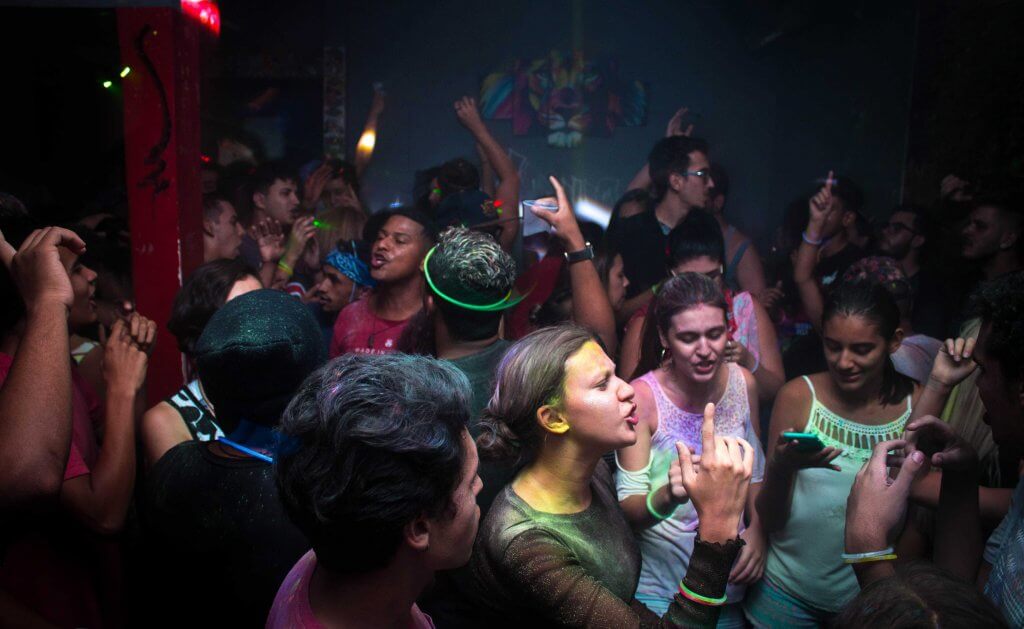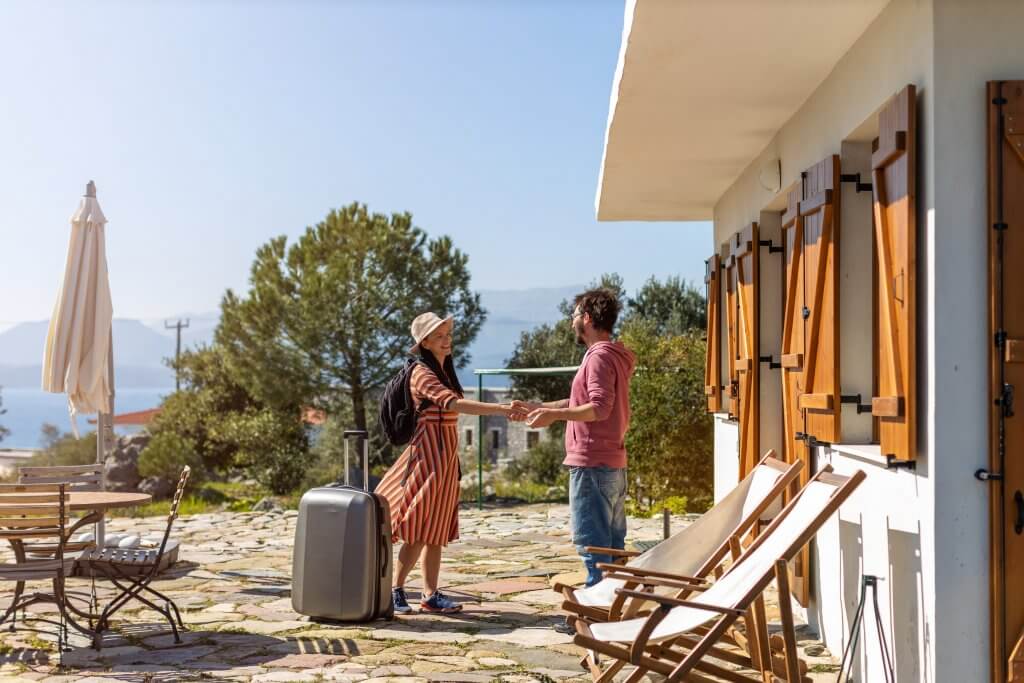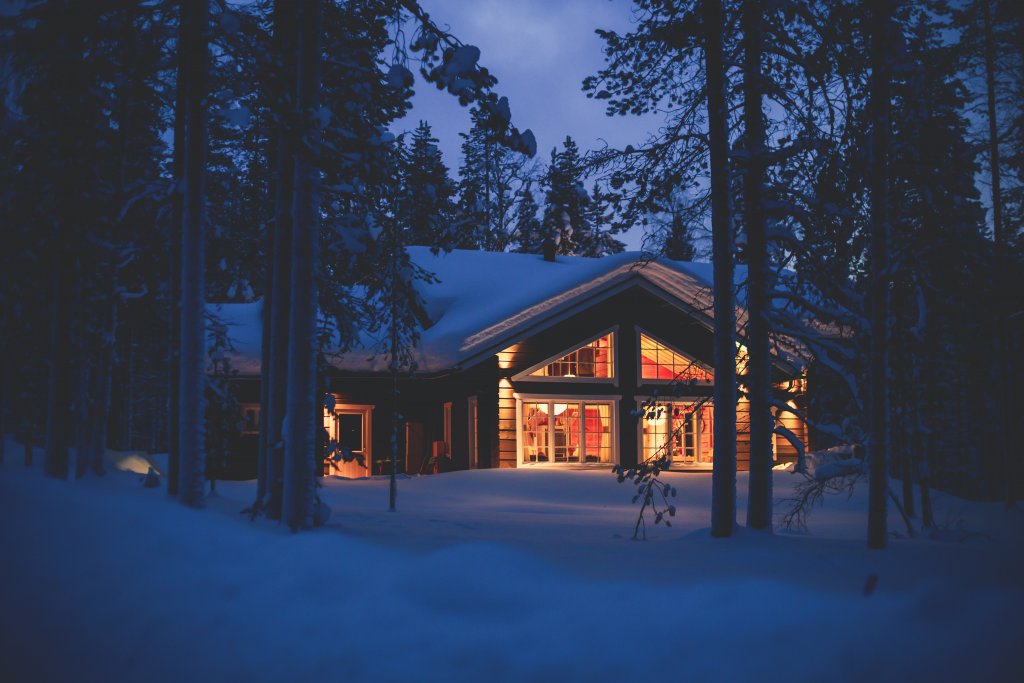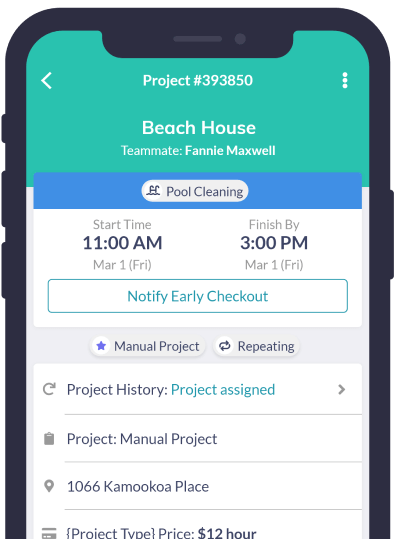Is Guest Screening Worth the Investment?
Renting out your home to strangers can raise more doubts than it does provide assurances, and the cons list can outweigh the pros list. It doesn’t have to be like this though, and investing in security measures now can prevent serious headaches and repeat stress factors down the line.
Guest screening is nothing new — the hotel industry has done it forever, and they’re not invasive or in breach of data protection laws. That said, it’s important to remember we’re not comparing apples to apples with the hotel industry and the short-term rental industry.
In the vacation rental industry, there tends to be a more hands-off approach when it comes to check-in and check-out processes. Since the pandemic, we’ve seen an increase in self-service processes, but with this, more risks have emerged. These risks may leave you with a heavy price to pay — and we’re not just talking about money.
The Real Cost of Guest Screening
When you look at your business costs and consider where the money is going out, also consider where the money is coming in and where the money could be coming in. Ask yourself: Are all the doors open for additional revenue, or are some closed because you’re afraid of the risks?
If you have some doors closed, get the right tools in place to enable you to open them. For example, if you block off your calendar during notorious holidays for parties, such as Halloween, you could be costing your business revenue. And this revenue could mean the difference between a good financial year and a great one.

Remember that not every Airbnb guest has the same risk factor, and these seemingly negative times of the year could actually be a scalable revenue source for you.
What You Could Be Missing Out On
If you choose to close your calendars during certain times of the year or from specific OTAs, you may be missing out on thousands of potential repeat bookings, word-of-mouth recommendations, good reviews — and increased booking revenue.
If you get cold feet and cancel a booking last-minute, you lose both revenue and trust between future guests and your business.
If you choose not to accept 1- and 2-night stays because they ring “PARTY!” alarm bells, you miss out on the revenue from these stays.
If you choose not to accept direct bookings because you feel there is less security and protection for you as a host compared to OTA bookings, you lose out on repeat and direct bookers. This can, in turn, bring in higher revenue since you’ll be avoiding OTA commissions.
If you choose to host and this results in hefty damages and repairs, your revenue will be affected. Not to mention, you may have to take your property off the market until repair work is done.
You get the picture.
By closing these doors because you don’t have the right toolkit in place, you’re essentially cutting yourself off from a goldmine of revenue. In reality, there are services out there to help protect and provide a solution to you.
The Right Pricing, the Right Solution
There’s no sugar-coating the fact that there are some bad eggs out there and, unfortunately, the rapidly growing vacation rental industry is susceptible to fraudulent activity and guest damages. This is where technology comes in.
An automated guest screening tech solution will save you time, money, and hassle, and you’ll be a step ahead of your competition by accepting bookings that others won’t.
Now, you can open those doors and welcome those “risky” bookings with confidence when using a guest screening solution.

Monetizing Trust and Safety
Of course, these tech solutions are another expense to add to your ever-growing list. Luckily, there are additional preventative steps you can put in place to protect your property.
Alongside using an automated guest screening technology, an effective way of building a strong sense of responsibility and accountability during a guest’s stay is to collect some form of damage deposit.
Calculating your deposit amount, how to implement the policy, and how you will reimburse the guest after the stay can be a tedious process. Instead, consider collecting a non-refundable damage waiver in place of a traditional refundable deposit. This way, you can ensure you’re protected and simultaneously monetize the security — and with minimal effort required.
Having this process in place removes the administrative headaches that can come with collecting and refunding a traditional deposit. Besides, if you’re going to be collecting a security deposit anyway, why not use it as an additional revenue stream for your business?
Additionally, say you need to repair your property’s drywall after a guest accidentally knocked a chair leg into it, creating an unsightly hole. Or maybe you need to replace your property’s espresso maker after it was stolen by a guest.
If your damage waiver doesn’t cover the full cost of the repair or replacement, there are guest screening solutions that also offer comprehensive damage protection. This way, even in the worst-case scenario, you’re covered.
Automatic Guest Screening Is Money Well Spent
Any good guest screening tech solution should help you answer the following questions with confidence on 100% of your bookings:
- Do you know your guest?
- Can you trust your guest?
- What happens if something goes wrong?
Next time, instead of asking yourself if you can afford to invest in trust and safety for your business… ask yourself if you can afford not to.







